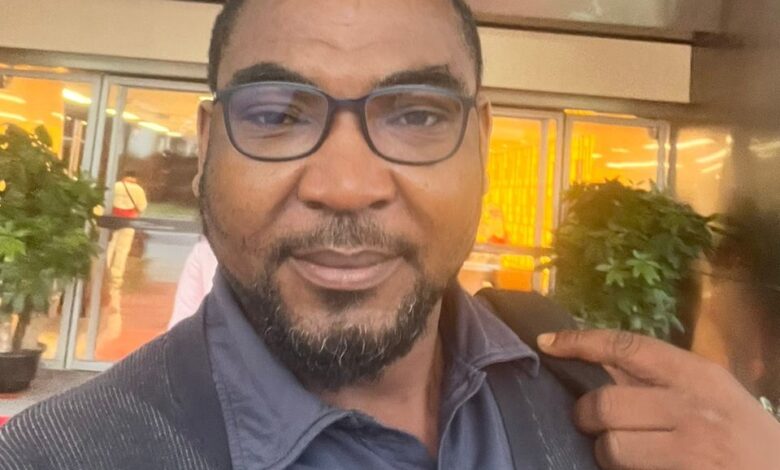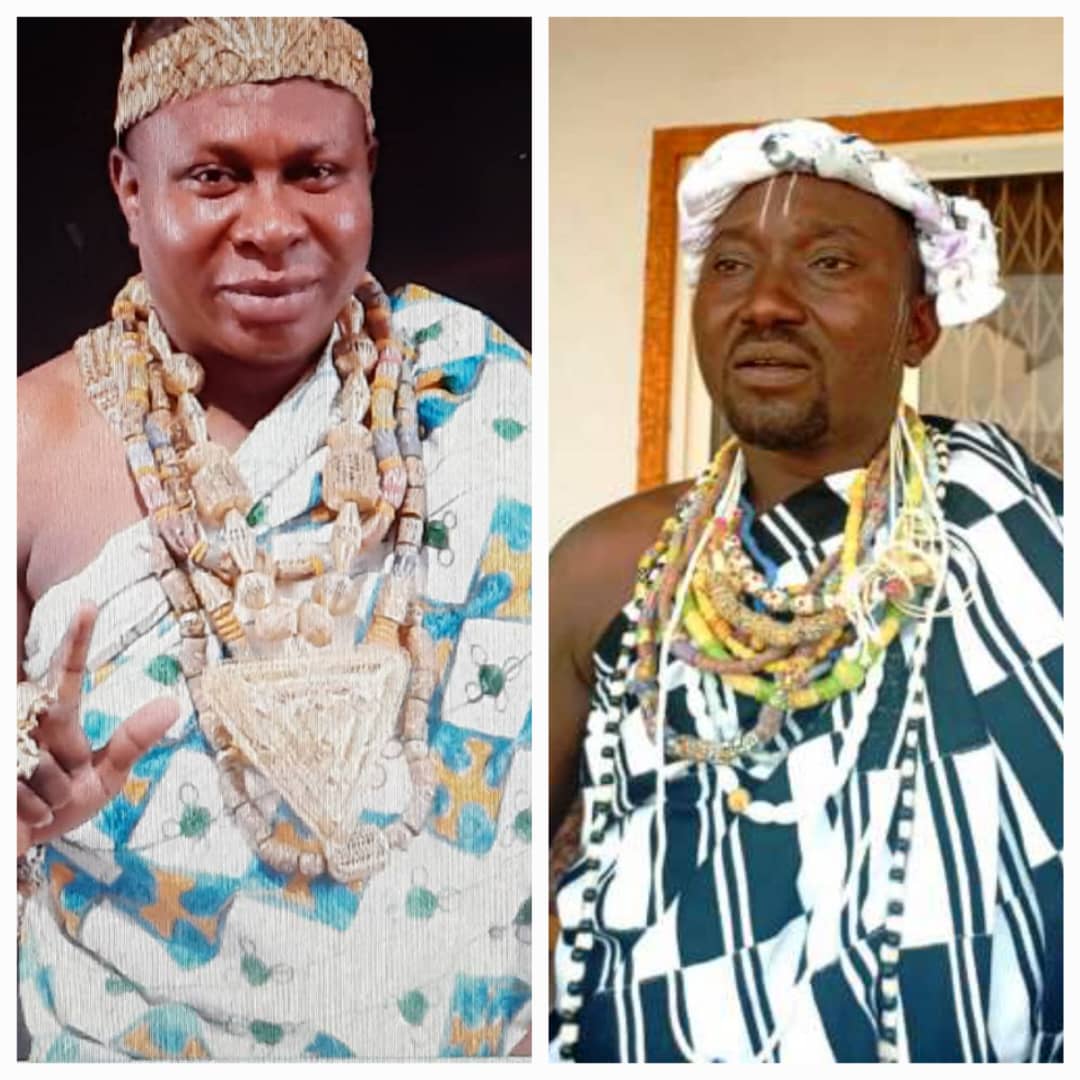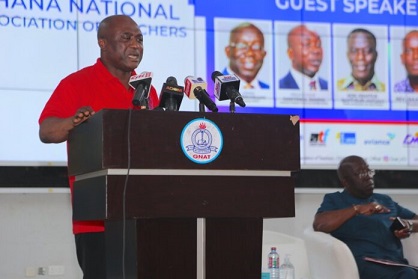Journalist Calls For Apolitical Appointment Of Police Chief

Prominent Ghanaian media expert and social commentator, Roger A. Agana, has recently reignited the debate on the appointment process of Ghana’s Inspector General of Police (IGP).
The Chief Executive Officer of the News Ghana argues that the current practice of presidential appointments undermines the independence and efficiency of the police force, proposing instead a merit-based system reflecting international best practices.
The Argument for Reform
Agana’s criticism highlights concerns about political interference in Ghana’s police leadership. He asserts that the appointment of IGPs by the president can lead to a lack of accountability and a focus on political loyalty over professional competence. This, he argues, contributes to the police force’s ability to perform its duties impartially and effectively.
Learning from International Best Practices
According to Mr. Agana, many countries have adopted more transparent and competitive approaches to appointing top police officials.
In the United Kingdom, for example, appointing a Metropolitan Police Commissioner involves a rigorous selection process overseen by the Home Office, including input from various stakeholders.
Similarly, in Canada, the selection of the Commissioner of the Royal Canadian Mounted Police (RCMP) is conducted through an open, merit-based competition managed by the Public Service Commission.
He said these practices emphasize the importance of independence and professional qualifications in police leadership.
According to the International Association of Chiefs of Police (IACP), effective police leaders must possess a blend of education, experience, and integrity. Leadership development is continuous, involving formal education, on-the-job training, and a deep understanding of community needs and law enforcement dynamics (IACP) – Police Chief Magazine.
Historical Context of IGP Appointments in Ghana
Ghana’s history of IGP appointments has seen a range of leaders, each bringing different approaches and outcomes. The current IGP, Dr. George Akuffo Dampare, appointed in 2021, has been noted for his initiatives to improve police professionalism and public trust. Previous IGPs, such as James Oppong-Boanuh and David Asante-Apeatu, also made significant contributions, yet faced challenges often attributed to the politicized nature of their appointments.
The Call for Constitutional Review
Roger’s proposal comes at a time when there are broader calls for constitutional review in Ghana. Others are for a complete change in the constitution to redirect the country towards economic stability. Many believe the 1992 Constitution needs updating to reflect current realities and strengthen democratic governance. This includes revisiting the appointment processes for key positions such as the IGP to ensure they are based on merit rather than political considerations.
Security analyst Adam Bonaa, supports Mr. Roger A. Agana’s proposal, noting that political appointments often lead to instability within the police force and preferential handling of criminal cases, especially those involving politicians. “Frequent leadership changes disrupt ongoing operations and negatively impact morale,” Bonaa explained.
Civil society groups have also called for a transparent and accountable process to restore public confidence in the police service.
The Path Forward
Roger Agana’s proposal includes instituting an independent police commission to oversee the appointment process of successive IGPs. This body would ensure that candidates are selected based on merit, qualifications, and a proven track record and effectiveness. Such reforms, he believes, would align Ghana’s police leadership with international standards and enhance the overall performance and…




